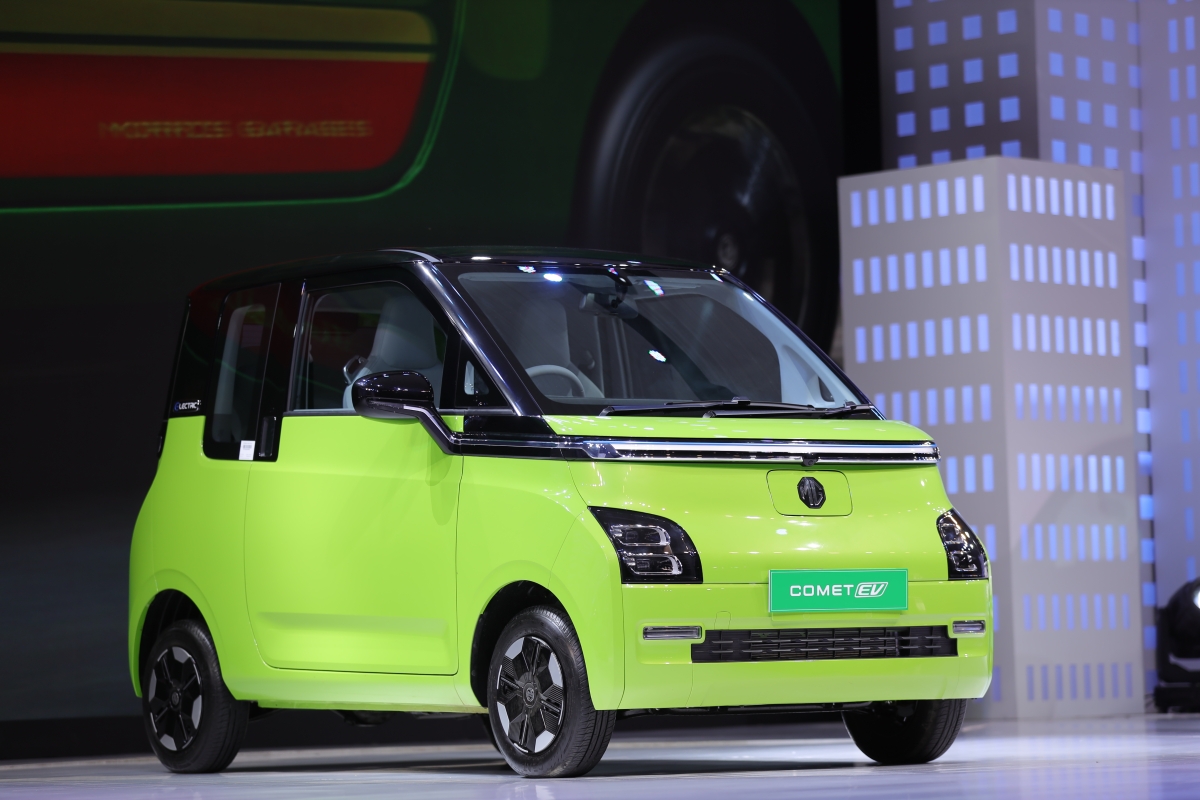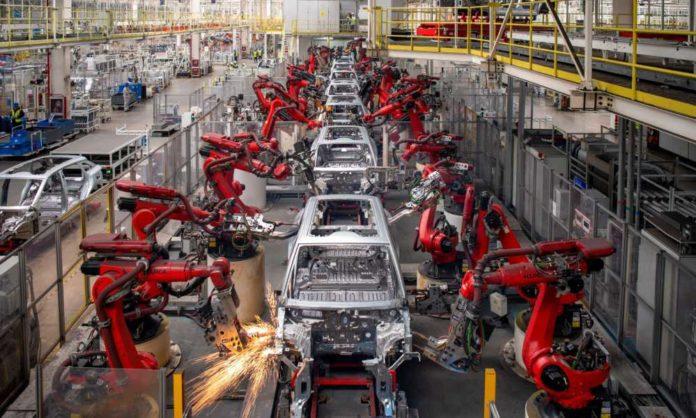Electric vehicles (EVs) have become an increasingly popular option for environmentally conscious consumers around the world, and the competition between India and Pakistan to become a leader in this emerging industry has been heating up in recent years. So, which country is winning the race in the EV industry?
India has been making impressive strides in its EV industry in recent years. The government has set an ambitious target of reaching 30% EV penetration by 2030, and to achieve this goal, the country has implemented a range of policies and initiatives to promote the growth of the industry.
How the Indian government has supported its EV industry
One of the most significant moves that the Indian government has made to encourage EV adoption is the launch of the Faster Adoption and Manufacturing of (Hybrid &) Electric Vehicles (FAME) scheme. This scheme provides incentives for the purchase of EVs and also supports the development of EV charging infrastructure across the country. As a result of these initiatives, India has seen a surge in the number of EVs on its roads, with sales increasing by 20% in 2020 despite the economic impact of the COVID-19 pandemic.

In addition to government support, Indian companies have also been making major contributions to the EV industry. Tata Motors, one of India’s largest automobile manufacturers, has been investing heavily in EV technology and has launched several EV models, including the Nexon EV and the Tigor EV. Another Indian company, Mahindra Electric, has also been leading the way in EV development and has launched a range of electric cars and commercial vehicles.
Pakistan in its early stages
Pakistan, on the other hand, has been slower to adopt EVs, and the industry is still in its early stages. However, the government has recently announced plans to introduce a range of policies to support the growth of the industry, including a tax exemption on the import of EVs and the development of EV charging infrastructure.
One of the main barriers to EV adoption in Pakistan has been the lack of local manufacturing capabilities. Unlike India, which has a well-established automotive manufacturing industry, Pakistan’s automotive industry is still in its infancy, which has made it difficult for local companies to develop and produce EVs.
Pakistani companies trying to stay in the race
Despite these challenges, some Pakistani companies have started to make inroads in the EV industry. One example is the Pakistani company Sazgar Engineering, which has launched the first locally manufactured EV in the country, the Sazgar BAIC D20 EV. The company plans to expand its range of EVs in the coming years and aims to become a major player in the Pakistani EV market.

So, which country is winning the race in the EV industry? While India has certainly made impressive progress in recent years, Pakistan is still in the early stages of developing its EV industry. However, with the government’s commitment to supporting the growth of the industry and the emergence of local EV manufacturers, Pakistan has the potential to catch up to India in the coming years.
Ultimately, the success of both countries in the EV industry will depend on their ability to overcome challenges such as the high cost of EVs and the need for widespread charging infrastructure. However, with their respective governments and companies committed to the growth of the industry, both India and Pakistan have a promising future in the world of electric vehicles.
Stay tuned to Brandsynario for the latest news and updates.





































